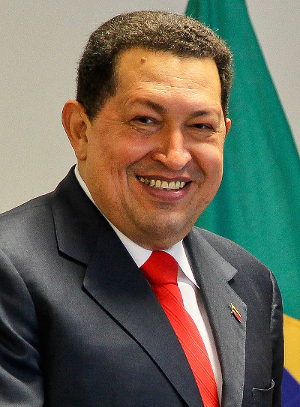 "Applying Neohumanism to the Layers of a School" by Eric Jacobson, Director of the Progressive School of Long Island, NY, USA.
Workshop presentation at the Neohumanist Education Seminar, April 15, 2014 in Caracas, Venezuela
"Applying Neohumanism to the Layers of a School" by Eric Jacobson, Director of the Progressive School of Long Island, NY, USA.
Workshop presentation at the Neohumanist Education Seminar, April 15, 2014 in Caracas, VenezuelaIn making a better world, it is easier to build correctly from the outset, rather than tear down and rebuild—hence proper education of our young is the surest path towards realizing a brighter future.
We begin with a cosmic ideal, and then we apply it to the local situation. In the application of Neohumanism there will be some variations. Variety is the law of nature. Variations arise due to changes of time, place and person. If I were to go to Peru for this conference, it would be a different place, with different people, and upon my arrival it would also be a different day. Our Neohumanist schools reflect, and should continue reflecting these natural variations. The variations are good and should be encouraged. For example, if I were to open a school in Caracas, it would not look like my school in New York. It would have a different appearance and a new name. There would be different curriculum elements, revised methods, and a new staff, but the spirit behind it would be the same.










 "Environment, Health and Happiness" by Frank Bracho, former Ambassador of Venezuela to India, ecologist and author, former jurist of the
"Environment, Health and Happiness" by Frank Bracho, former Ambassador of Venezuela to India, ecologist and author, former jurist of the 

